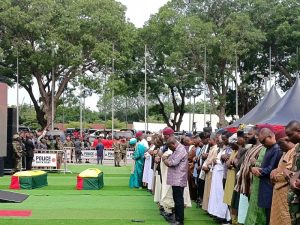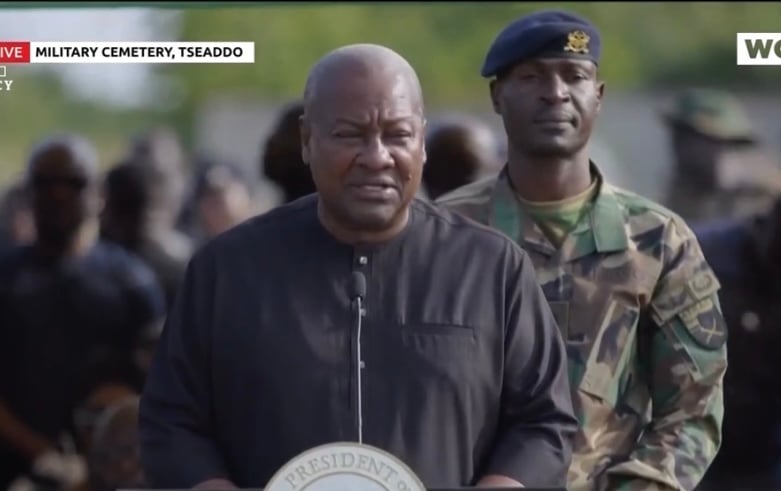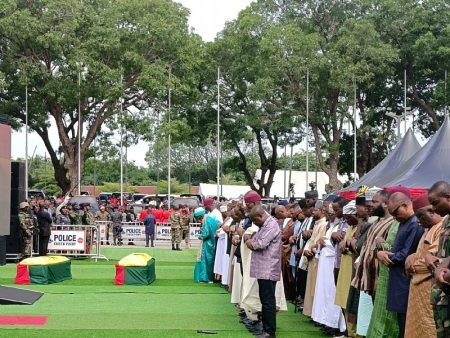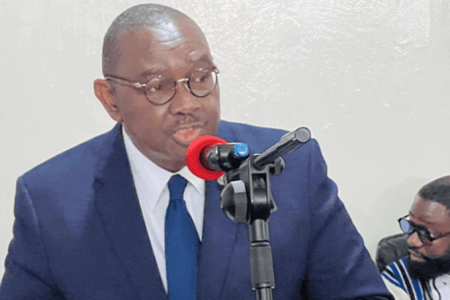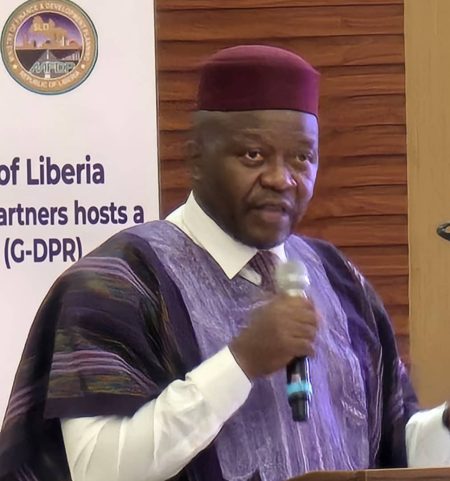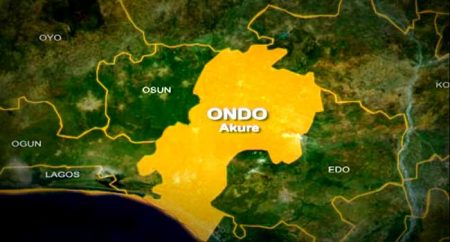The aftermath of the tragic helicopter crash in Ghana’s Ashanti Region, which claimed the lives of eight individuals including two cabinet ministers, has seen a delicate balance struck between national mourning and individual family needs. President John Dramani Mahama announced a state-sponsored interdenominational funeral service to be held on August 15th at Black Stars Square in Accra, honoring all victims collectively. However, recognizing the diverse cultural and religious practices of the bereaved families, the President also confirmed that families retain the option of organizing separate, personalized funeral rites for their loved ones. This decision acknowledges the deeply personal nature of grief and allows families to mourn in accordance with their own traditions and beliefs, while still receiving government support and participation. The President’s approach seeks to unify the nation in its mourning while respecting the individual needs of the families affected by this devastating event.
The decision to permit separate funerals followed an Islamic burial ceremony held for two of the victims, Murtala Mohammed and Alhaji Muniru Mohammed, on August 10th. During this ceremony, President Mahama expressed his gratitude to the families for their patience and understanding regarding the initial delay in releasing the bodies for burial. The devastating nature of the crash, which left the victims badly burned and unrecognizable, necessitated a complex forensic identification process. This process involved sending tissue samples to South Africa for analysis, a measure that understandably prolonged the time families had to wait before laying their loved ones to rest. The President acknowledged the Islamic tradition of swift burial and emphasized that the authorities acted as quickly as possible given the circumstances. The completion of the forensic analysis marked a significant step in allowing the grieving process to proceed.
The helicopter crash, which occurred in the Adansi Akrofuom District of the Ashanti Region, cut short the lives of eight individuals en route to Obuasi for the launch of the Responsible Cooperative Mining and Skills Development Programme. Among the deceased were two cabinet ministers, underscoring the profound impact of the tragedy on the nation’s leadership and governance. The program they were travelling to launch aimed at promoting responsible mining practices and developing skills within the mining sector, highlighting the loss of potential and the interruption of important initiatives. The crash served as a stark reminder of the inherent risks associated with travel and work in remote areas, raising questions about safety protocols and emergency response capabilities. The subsequent investigation into the cause of the crash will be crucial in preventing similar tragedies in the future.
The complex process of identifying the victims and returning their remains to their families was a critical step in the aftermath of the crash. The severity of the fire caused by the impact made immediate visual identification impossible, necessitating the use of advanced forensic techniques. The decision to send tissue samples to South Africa highlighted both the Ghanaian government’s commitment to accurate identification and the capacity limitations within the country’s own forensic infrastructure. The successful completion of this process, confirmed by the President, allowed for the release of the bodies to their families and the commencement of funeral arrangements, bringing a degree of closure to those grieving the loss of their loved ones.
The state-sponsored funeral, scheduled for August 15th at Black Stars Square, serves as a national expression of mourning and a tribute to the individuals lost in the crash. This public ceremony offers an opportunity for the nation to come together in solidarity with the bereaved families and to acknowledge the contributions of the deceased. The choice of Black Stars Square, a prominent venue in the capital city of Accra, underscores the national significance of the event. The interdenominational nature of the service further emphasizes inclusivity, accommodating the diverse religious beliefs of the victims and the broader Ghanaian population. This collective act of remembrance provides a platform for shared grief and national healing in the wake of the tragedy.
The aftermath of the helicopter crash highlights the multifaceted challenges of managing such a tragic event. Balancing the need for national mourning with the individual grief of families requires sensitivity, cultural awareness, and effective communication. The decision to hold a state funeral while also permitting separate family-organized ceremonies reflects this delicate balancing act. Moreover, the complexities of the forensic identification process, the logistical arrangements for repatriating remains, and the coordination of funeral arrangements underscore the logistical and emotional toll on all involved. The government’s commitment to supporting the families, both practically and emotionally, throughout this difficult period demonstrates the nation’s collective responsibility towards its citizens in times of tragedy. The crash and its aftermath will undoubtedly prompt a review of safety protocols and emergency response procedures, aiming to mitigate the risks of similar incidents occurring in the future.




